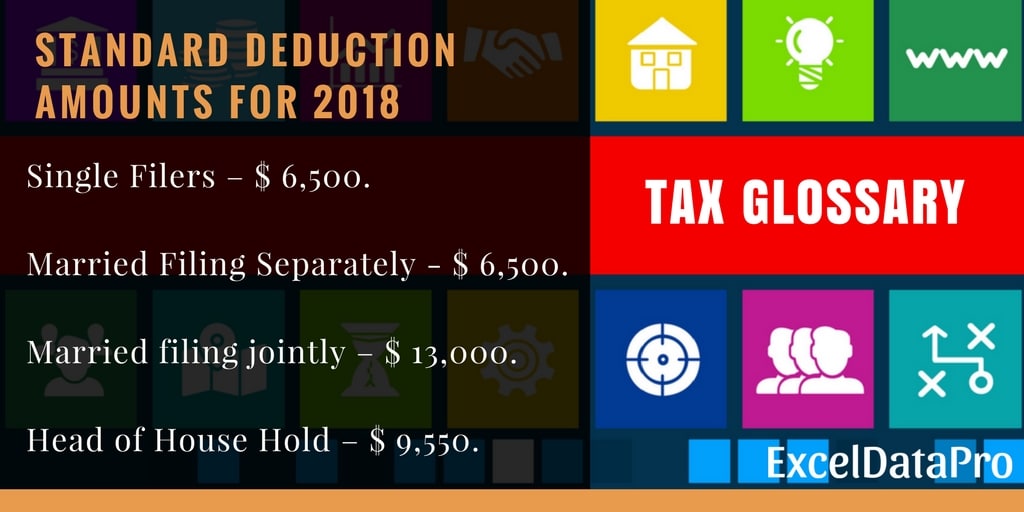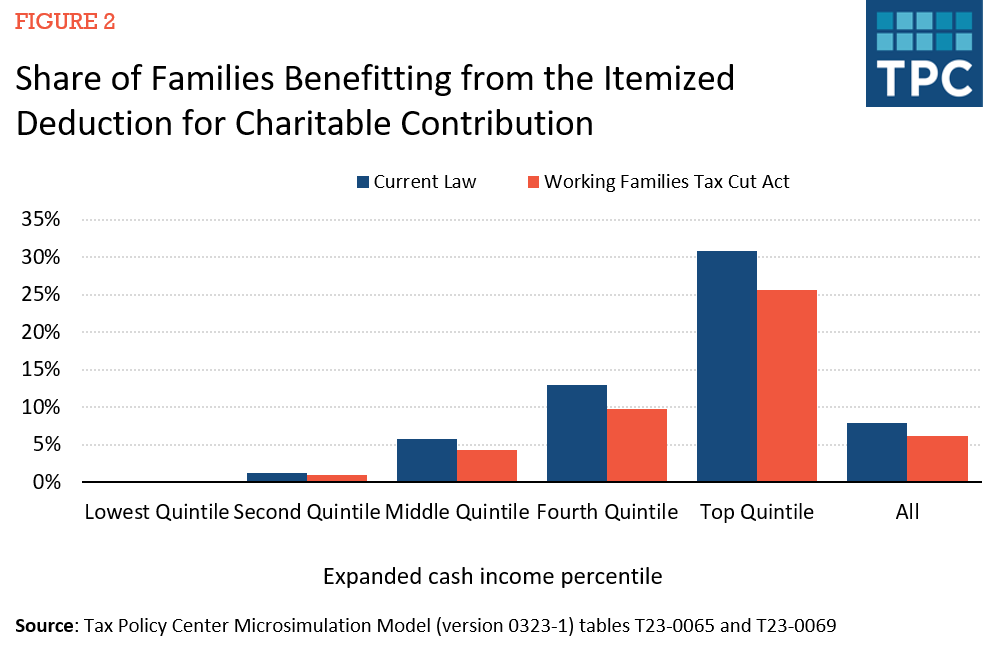The Foreign Earned Income Exemption Explained: An Overview to Enhancing Your Typical Reduction
The Foreign Earned Income Exemption (FEIE) is a crucial tax obligation provision for U.S. citizens and resident aliens living abroad. It permits eligible migrants to exclude a substantial part of their foreign-earned income from federal tax obligations. Understanding the subtleties of FEIE can result in significant tax savings. However, several individuals overlook crucial information that might influence their eligibility and benefits. Checking out these facets may expose opportunities for improved tax end results.
Understanding the Foreign Earned Earnings Exemption
Lots of migrants seek opportunities abroad, recognizing the Foreign Earned Income Exclusion (FEIE) is necessary for handling their tax commitments. This arrangement allows U.S. residents and resident aliens living overseas to omit a particular amount of their earned earnings from federal taxes. The FEIE was developed to reduce the tax problem on people that live outside the USA, recognizing the unique financial obstacles they might encounter.

Qualification Demands for FEIE

Just how to Declare the FEIE
To successfully declare the Foreign Earned Income Exemption (FEIE), taxpayers must initially confirm their eligibility based upon specific standards - FEIE Standard Deduction. The process involves a number of actions, including submitting the appropriate kinds and providing needed documentation. Comprehending these requirements and treatments is important for optimizing tax benefits while living abroad
Qualification Needs
Eligibility for the Foreign Earned Earnings Exclusion (FEIE) pivots on conference particular requirements established by the IRS. To qualify, people must be U.S. people or resident aliens who make revenue while functioning abroad. They need to establish a foreign tax obligation home, which means their primary business is outside the USA. Furthermore, applicants must fulfill either the Authentic Home Examination or the Physical Existence Test. The Bona Fide House Examination calls for that a taxpayer resides in a foreign country for an entire tax year, while the Physical Existence Examination demands investing at the very least 330 full days in a foreign country during a 12-month period. Satisfying these demands is essential for asserting the FEIE.
Declaring Refine Actions
Just how can one effectively navigate the process of claiming the Foreign Earned Income Exclusion (FEIE)? People need to identify their eligibility based on the physical presence examination or the bona fide residence test. Once validated, they need to finish internal revenue service Type 2555, which details international revenue and residency. This kind needs to be connected to their annual income tax return, typically Form 1040. It is vital to properly report all international made earnings and guarantee conformity with the internal revenue service guidelines. Additionally, taxpayers need to keep appropriate paperwork, such as foreign tax obligation returns and proof of residency. By following these actions, individuals can successfully assert the FEIE and possibly decrease their gross income significantly, enhancing their total monetary position.
Computing Your Foreign Earned Income Exemption
While numerous migrants seek to optimize their monetary benefits abroad, comprehending the computation of the Foreign Earned Income Exemption is important for exact tax coverage. The Foreign Earned Earnings Exemption enables certifying people to exclude a particular amount of their international earnings from united state taxation, which is readjusted annually for rising cost of living. To determine this exemption, expatriates should establish their overall international earned income, which typically consists of salaries, wages, and professional charges gained while residing in a foreign nation.
Next, they have to complete IRS Kind 2555, providing details regarding their international residency and work condition. FEIE Standard Deduction. It is very important to meet either the authentic house examination or the physical presence examination to receive the exclusion. Once these variables are established, the maximum permitted exemption quantity is applied, minimizing the person's taxed income significantly. Exact calculations can result in considerable tax obligation cost savings for migrants living and functioning abroad
The Impact of FEIE on Other Tax Obligation Advantages
The Foreign Earned Earnings Exemption (FEIE) can affect a person's eligibility for sure tax obligation benefits, including the conventional reduction. By leaving out international gained revenue, taxpayers may find their adjusted gross revenue impacted, which in turn can influence their qualification for different tax credit scores. Recognizing these communications is essential for maximizing tax obligation results while living abroad.
Interaction With Standard Reduction
When people receive the Foreign Earned Earnings Exclusion (FEIE), their eligibility for the basic deduction might be influenced, possibly changing their general tax liability. The FEIE allows taxpayers to leave out a particular amount of earned revenue from united state taxation, which can result in a decreased taxable income. Because of this, if the left out earnings surpasses the common reduction, it can reduce the benefit of claiming that reduction. Furthermore, taxpayers who make use of the FEIE might discover that their ability to itemize reductions is also affected, as specific expenses may be impacted by the exemption. Comprehending this interaction is crucial for migrants to maximize their tax obligation benefits while making certain conformity with U.S. tax obligation regulations
Qualification for Tax Credit Scores
Steering via the complexities of tax obligation credit histories can be challenging for expatriates, specifically considering that the Foreign Earned Income Exclusion (FEIE) can substantially affect eligibility for these benefits. The FEIE permits eligible people to leave out a considerable section of their foreign incomes from U.S. tax, yet this exclusion can likewise influence access to different tax obligation credit histories. Taxpayers who use the FEIE might locate themselves disqualified for credit ratings like the Earned Income Tax Obligation Credit Rating (EITC), as these credit reports commonly require taxable income. Additionally, the exemption might limit the ability to claim certain deductions or credit reports connected with dependents. Recognizing the interaction in between the FEIE and offered tax credit reports is necessary for migrants aiming to optimize their tax obligation circumstance.

Usual Errors to Stay Clear Of When Claiming FEIE
Frequently, expatriates experience several risks while asserting the recommended you read Foreign Earned Earnings Exemption (FEIE), which can result in expensive mistakes or missed chances. One constant blunder is failing to satisfy the physical visibility or bona fide home examination, which is crucial for eligibility. Additionally, expatriates commonly overlook the requirement to file Form 2555 correctly, causing imprecise or incomplete submissions.
An additional common mistake involves incorrectly determining foreign made earnings, as numerous do not represent all appropriate revenue sources. Some expatriates incorrectly presume they can omit all their revenue, unaware of the constraints on the exemption quantity. Furthermore, ignoring to keep proper documents, such find out this here as traveling days and residency status, can threaten an insurance claim. Misconstruing the effects of the FEIE on other tax credit histories may lead to unintentional tax obligation obligations. Awareness of these challenges can promote a smoother declaring process and take full advantage of potential advantages.
Resources for Expats Navigating United State Taxes
Steering U.S. tax obligation responsibilities can be challenging for migrants, particularly after experiencing pitfalls in asserting the Foreign Earned Income Exemption (FEIE) To assist browse these intricacies, a variety of sources are available. The internal revenue service site provides substantial information on tax obligation kinds, faqs, and guidelines particularly tailored for expatriates. In addition, organizations like the American Citizens Abroad (ACA) and the Deportee Tax obligation Professionals offer support and assistance to guarantee conformity with tax legislations.
On-line forums and neighborhoods, such as the Deportee Forum, allow migrants to share experiences and understandings, cultivating a helpful setting for those encountering similar difficulties. In addition, tax obligation preparation software, like copyright and H&R Block, commonly consists of attributes developed for expats, making the declaring procedure extra user-friendly. Engaging with these resources can equip expatriates to better comprehend their tax obligation commitments and make the most of benefits like the FEIE.
Frequently Asked Questions
Can I Claim FEIE if I'M Self-Employed Abroad?
Yes, self-employed individuals abroad can claim the Foreign Earned Earnings Exclusion (FEIE) To qualify, they must meet specific needs pertaining to residency and revenue, guaranteeing they stick to internal revenue service guidelines for migrants.

Is the FEIE Applicable to Foreign Pensions?
The Foreign Earned Income Exemption (FEIE) is not relevant to international pensions. Pension plans are considered unearned revenue and do not get approved for the exclusion, which specifically uses to made earnings from employment or self-employment abroad.
What Takes place if I Return to the U.S. Mid-Year?
If a specific go back to the U.S. mid-year, they may require to adjust their tax obligation scenario. Their qualification for specific deductions and exemptions, including the Foreign Earned Revenue Exclusion, can be impacted by their residency status.
Can FEIE Be Reported With Various Other Deductions?
Yes, the Foreign Earned Income Exclusion (FEIE) can be claimed alongside various other deductions. However, treatment should be required to guarantee correct conformity with tax obligation regulations, as particular restrictions may apply based upon specific conditions.
Exactly How Does FEIE Influence State Tax Commitments?
The Foreign Earned Income Exclusion can lower a taxpayer's federal revenue tax obligation obligation, however it does not instantly affect state tax commitments, which go to website vary by state and may still need coverage of foreign earnings.
Lots of migrants seek chances abroad, comprehending the Foreign Earned Revenue Exemption (FEIE) is vital for handling their tax obligation obligations. By omitting international gained income, taxpayers may find their adjusted gross earnings influenced, which in turn can influence their qualification for various tax credit histories. Guiding via the intricacies of tax obligation credit scores can be challenging for expatriates, particularly considering that the Foreign Earned Earnings Exemption (FEIE) can considerably influence qualification for these advantages. Taxpayers that make use of the FEIE might locate themselves disqualified for credit ratings like the Earned Income Tax Credit Score (EITC), as these credits usually need taxable income. Maneuvering United state tax obligation responsibilities can be challenging for expatriates, especially after running into challenges in asserting the Foreign Earned Revenue Exemption (FEIE)